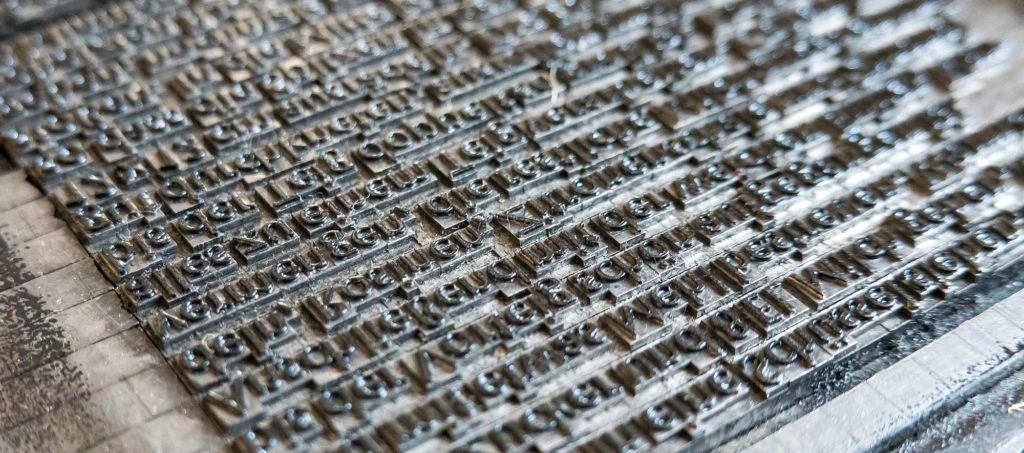
Names have power, especially in the City. Names are intimate, names are personal, names are expressions of the self.
The people of the City have a much more intimate connection with their names than most people in the real world (usually) do. Adult names in the Passionate Pantheon novels are always self-chosen; when a person chooses to become an adult, the transition from childhood to adulthood is marked by a naming ceremony where that person takes their first adult name and announces it to the community. A person who has undergone some major life event or grown in a significant way might also sometimes mark the occasion, and the transition from old to new, with a public ceremony where they take a new name. As you have probably guessed, this means that people will often gather more names over time, each one a representation of important moments in their history.
We’ve talked before about how names in the Passionate Pantheon work, and where they come from, with a detour into the language of the Passionate Pantheon (tl;dr: we come up with names by either taking modern-day names from the real world and applying linguistic drift to them, so for example Donovan becomes Donvin or Ashley becomes Ashi, or we invent them using what we know about the way the language sounds, such as Janaié or Calaïas).
However, we haven’t talked much about how the names you’ll see in the novels are pronounced. With the first two novels now out, the third coming out soon, and plans in the works for an audiobook (very early days, all hush-hush, don’t tell anyone yet, it’s a secret!), we figured…maybe it might be time to do something about that. Time to produce a pronunciation guide, before the confusion sets in.
Pronunciation in the Passionate Pantheon
The language spoken in the City is quite unlike Romance or Germanic languages. The world of the Passionate Pantheon is a second-generation colony, settled by a slower-than-light generation ship launched from an earlier colony that was itself settled by a slower-than-light generation ship launched from Earth.
A lot was lost during those two journeys through the vast cold dark. The first-generation colonists, the ones who left Earth and whose descendents would later go on to find the planet of the Passionate Pantheon, left in a hurry (that’s a long story, and we’ve talked about writing it one day, though it would not be a Passionate Pantheon story). They spoke a wide range of pan-Asian languages, most of them mutually unintelligible. The language of that colony ship started out first as a pidgin and then acquired its own grammar and syntax, becoming a creole at the intersection of all those languages. It developed further, as languages do, on the first colony, then gained yet more complexity when a group of colonists left that world to make a new home for themselves. Along the way, they created the first AIs, the kernels that eventually would grow into the gods of the Passionate Pantheon.
What does that have to do with names?
Names in the Passionate Pantheon that aren’t derived from real-world names with blurring applied to them—names like Janaié and Calaïas—frequently contain long vowel chains, which you don’t normally see in Western European or North American names.
In Romance or Germanic languages, the presence of multiple vowels usually indicates modification to a sound: if you see a name like Keith, the -ei vowel chain simply reminds you that the e is long. The name “Keth” would be pronounced with a short e.
In Passionate Pantheon names, this isn’t the case. Each individual vowel is often pronounced independently, which is quite different from the way Western names work.
Let’s look at Calaïas, for example. Confronted with a name that looks like “Calaias,” a Western reader might scratch her head and end up saying “kal-ACE” or “kal-ICE,” or perhaps “KAL-iss” or “KAL-yiss.”
We tried to offer a bit of a hint with the diaeresis; as with, say, Brontë, it suggests there’s something special about that vowel; “Brontë” is pronounced with two syllables, BRON-tee, not a single syllable with a long O, BRōNT.
All the vowels in Calaïas are voiced: kal-ay-EYE-ass. The same applies to Janaié: it might look to Western eyes like jan-EYE or perhaps JAN-ee, but it’s a three-syllable name: jan-eye-AY. (Yes, we’ve considered going all JRR Tolkien and including an appendix with a pronunciation guide, but really, who publishes porn with pronunciation guides? Who would read porn with a pronunciation guide? [Ed note: Eunice puts up her hand.])
This holds true even for people who live outside the City, in the ‘Wastelands’ beyond the shield dome. A character who appears briefly in Divine Burdens, Taín, pronounces his name with two syllables, TAY-inn, not one, TANE.
To be fair, the names in the Passionate Pantheon novels are more approachable than some real-life (if rare) British names, like Cholmondeley or Featherstonehaugh (pronounced CHUM-lee and FAN-shaw, respectively, though the latter can also be pronounced FEE-sən-hay, FEER-stən-haw, or FES-tən-haw, according to Wikipedia. Notice how none of those versions are possible to arrive at by spelling out the name letter by letter, and none of them are similar to each other. That’s English for you…). Welsh is even more brutal if you’re not familiar with the rules of written Welsh: Dafydd is pronounced something like Dav-i-th, or /ˈdævɪð/ in IPA. So it certainly could’ve been much worse.
Once you pick up the rules for pronouncing names in the City, they’re fairly consistent and easy to say. They’re unfamiliar-looking to English readers, but there is an underlying logic. More logic than in many current English names, let’s be honest. The same logic applies to consonants, too: Tsimbar, a protagonist in Unyielding Devotion, pronounces his name TSIM-bar, not SIM-bar. The consonants are all voiced.
Western Names in the City
So that’s the way names that don’t have roots in real-world words work. But what about other names, like Donvin or Ashi? How did we end up with names derived from contemporary Western European and North American names? That goes back to the history of those first generation ships. The one which became the ancestor of the ship that landed on the planet that we now find ourselves exploring was the very last ship to leave the Earth-That-Was—the last, remaining, final, desperate attempt to get as much of the population out as possible.
Thing is, the majority of people on that ship (crew included) didn’t even speak English.
So what happened? How did these names stick around when English, and all the other Germanic and Romance languages, burned themselves out in the vast pool of the pan-Asian languages spoken around them?
Names stick around when languages die. There were some Anglos in the crew. Not many, but enough. People cling to the names of their ancestors, their grandparents and great-grandparents, in memory of the people they admired—even as they lose the language they spoke.
Most immigrant families with children have personal experience of that. Eunice may, haltingly, speak a little Cantonese still, but the next generation is unlikely to speak any. It takes active work and effort to maintain that knowledge—it takes energy that most immigrants would rather use to build a new home for themselves and learn the vagaries of a different culture. By the time that first generation ship landed on that first planet, English was gone. But the remnants of those names stuck around, and sometimes other people heard those names and replicated it, or at least evolved it. And over time, some spread through the population. When the majority of people have multiple names, you end up with plenty of opportunity to try on an unusual name. And make no mistake, those Western names were exotic and unusual—that’s why they didn’t drift quite as much as the more common Asian names, and so remained just about recognisable, if you squint. There’s plenty of Asian names that drifted too, they’re just harder to spot because a living language drifts much further than a dead one.
(Of course, this is the Watsonian, in-universe interpretation. The Doylist view is that we used those names because we, as native English speaking authors, were more familiar with the linguistic drift that would be likely to happen to names in English, so that’s what we used. But that’s boring, isn’t it? Wouldn’t you much rather have the more complex, thought-through explanation?)
So if some of the names look a little familiar, you’re not imagining it. There are names in the Passionate Pantheon that carry a little bit of the history of a desperate population’s journey to a new homeworld, even if time and distance have worn down the edges a little.
The other names, the ones that will seem awkward and a bit hard to approach to many of our native English speaking readers: There’s a reason, we promise. We’re not just making the names difficult to make them difficult. The novels are porn, yes, but they’re porn we have put enormous thought, time, and attention into.
The first two books plant some seeds that grow in the later books. As the series goes on, you can expect to see a lot of this detail and complexity start to emerge. We’ve both really enjoyed the work we’ve put into these books, and we hope you’ll enjoy reading them as much as we’ve enjoyed writing them. Even if the names are sometimes hard to pronounce.
Trust us, it’s worth the effort.
